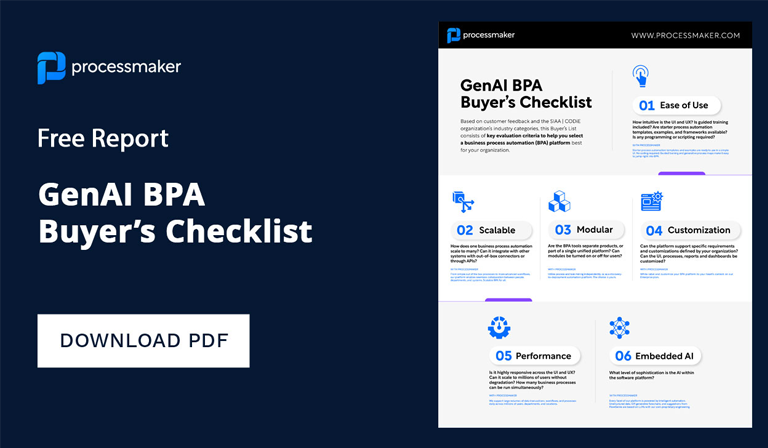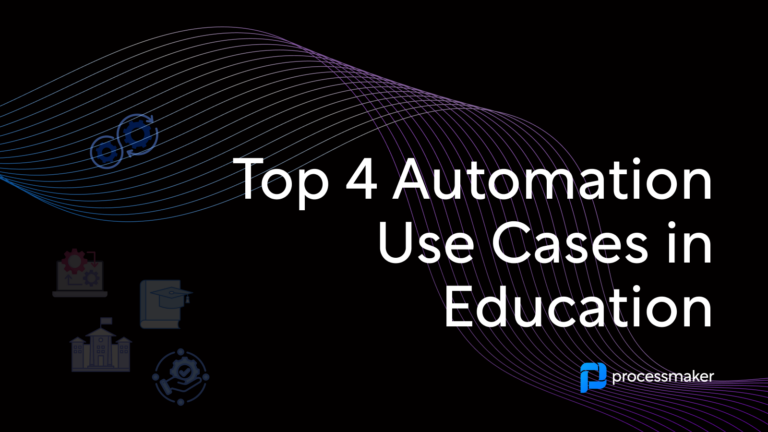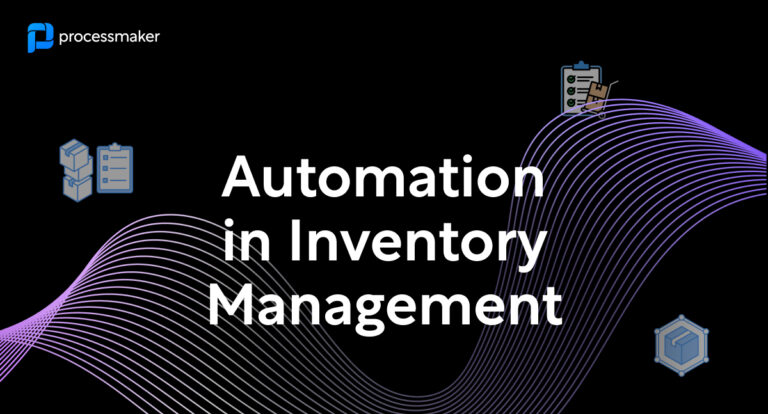The need to remain competitive in a dynamic business and economic environment is fueling the widespread adoption of automation technologies. Process automation increases productivity, lowers costs, and gives organizations much need operational flexibility. Yet before an organization can implement process automation initiatives, they must first gain an in-depth understanding of their business processes.
To achieve this, organizations are increasingly turning to process mining technologies. In fact, according to Shared Services & Outsourcing Network’s (SSON) State of the Global Shared Services Industry Report, 23% of respondents indicated that their organizations had started implementing process mining tools while another 29% reported that they were in the process of evaluating the technology.
Process mining is more efficient, accurate, and comprehensive than traditional business process analysis methods like process mapping. In a world where seemingly every organization is racing towards digital transformation, process mining has become a necessary precursor to automation.
Process mining vs process mapping
Celonis, a leading process mining software provider, defines process mining as:
“Process mining is an analytical discipline for discovering, monitoring, and improving real processes (i.e., not assumed processes). It’s done by extracting knowledge from event logs readily available in today’s information systems. Process mining offers objective, fact-based insights, derived from actual event logs. This helps your audit, analyze, and improve your existing business processes by answering both compliance-related and performance related questions.”
Before process mining tools became readily available, organizations interested in pursuing process automation initiatives relied on process mapping to understand business processes. Yet process mapping suffers from some core weaknesses that are not present when using process mining tools. These shortcomings were summarized in a recent McKinsey article:
“Traditional process mapping has an important weakness, however, in addition to the many hours of work it requires. It often relies on estimates for how long individual process steps take, or how often variances occur. As a result, these maps inadvertently represent the biases and misunderstandings of their creators. That can lead companies to miss important issues, or to focus too much attention on problems that occur infrequently and cost the business little.”
Process mining tools rapidly analyze hundreds, or thousands of transactions stored in event logs. They automatically monitor processes to create process maps and show any deviations from the optimal path.
A precursor to process automation
Process mining has become a precursor to process automation in several ways. First, implementing an automation technology such as robotic process automation (RPA) without first understanding how a process works can result in failure. Process mining gives organizations the data and insights that it needs to identify the best use cases and accelerate time-to-automation.
Second, process mining helps organizations standardize processes. In most organizations, employees develop their own informal methods for completing tasks. We all do this to some extent – figuring out the quickest or easiest way to get our work done after many months or years of doing the same things day-after-day.
This can lead, however, to the same process being performed in different ways. Where processes are less standardized, data analysis becomes less accurate. Where data is less accurate, processes become more difficult to evaluate and document. With process mining, stakeholders can identify these variations and their root causes. Once standardized, organizations can work towards process automation.
Finally, process mining allows organizations to monitor the performance of their processes. They can determine whether their automation efforts are working and identify opportunities for further improvements. Further, there are distinct differences between process mining and business intelligence.
As organizations ramp up their automation efforts, process mining will play an important role in helping organizations to quickly gain powerful insights about their business processes. Armed with these insights, organizations can standardize and automate their processes, monitor their performance, and continue to make improvements as they move towards digital transformation.
ProcessMaker is a provider of industry leading low-code intelligent business process management software (iBPMS). ProcessMaker makes it easy for organizations to integrate and leverage process mining to gain a powerful and complete BPM solution.





